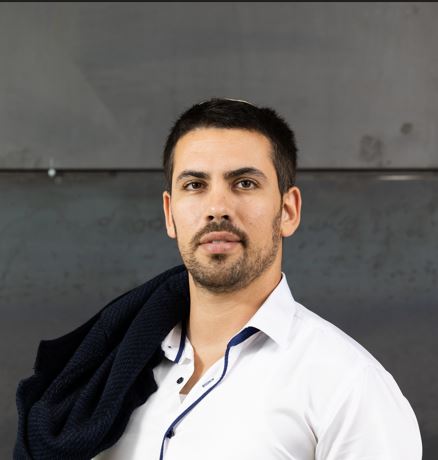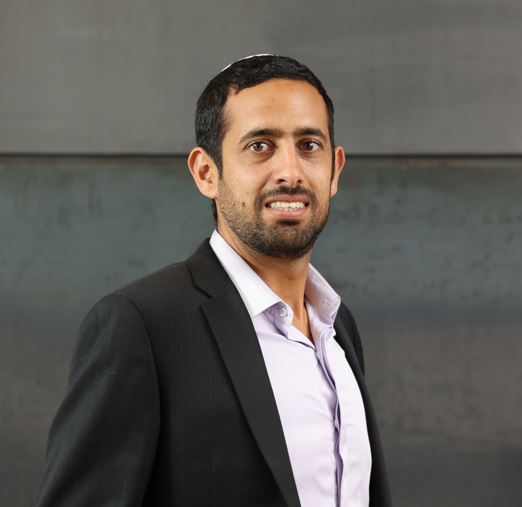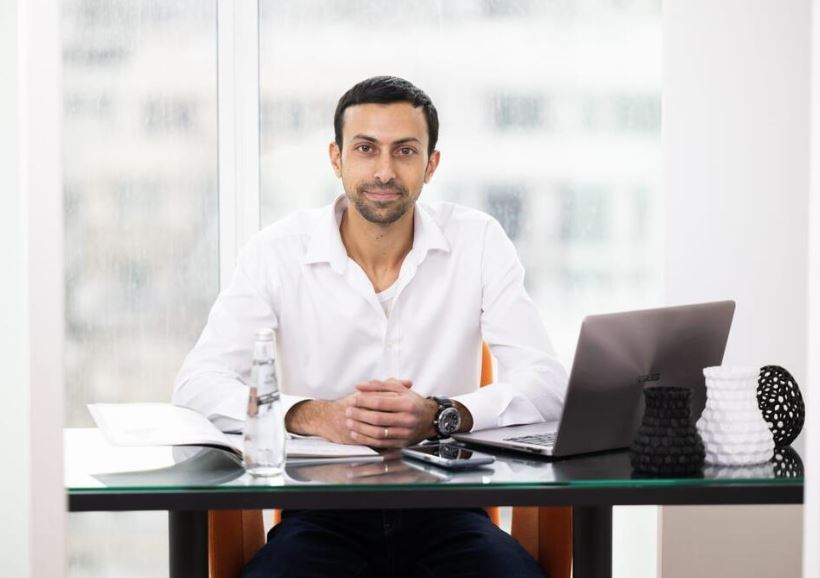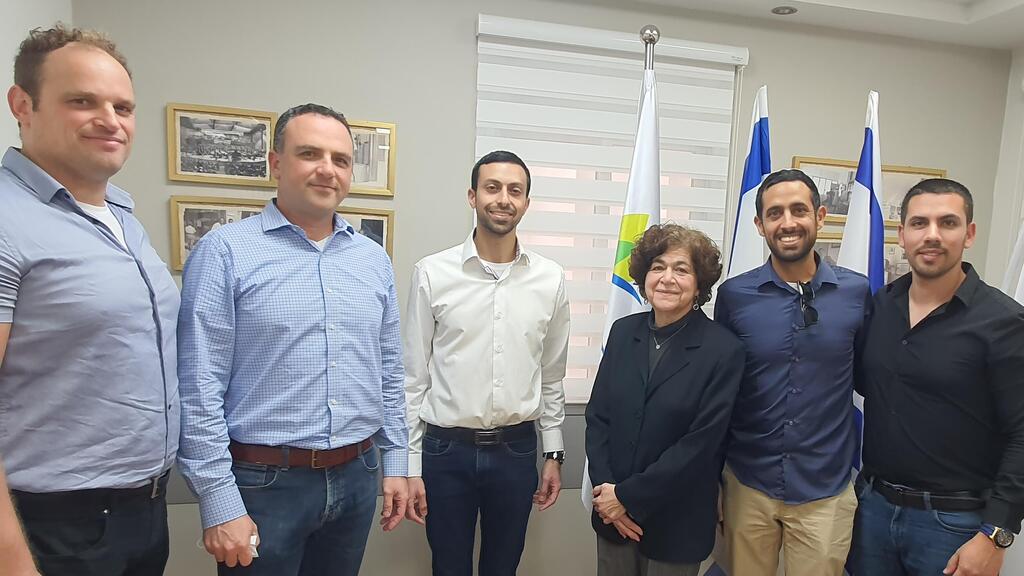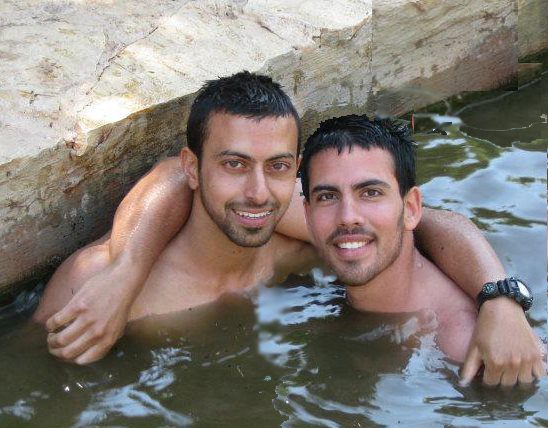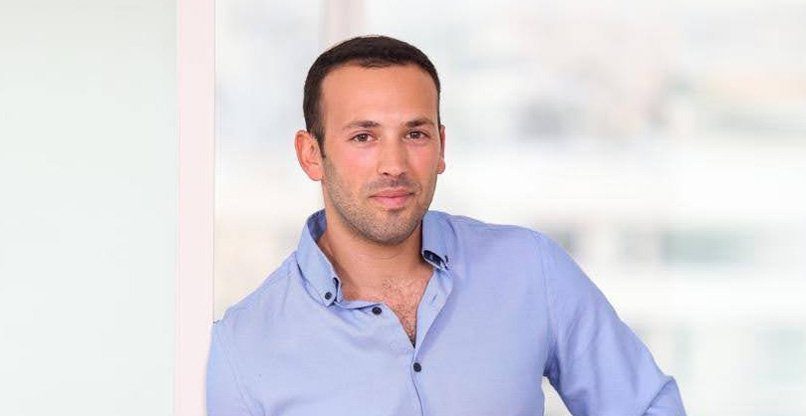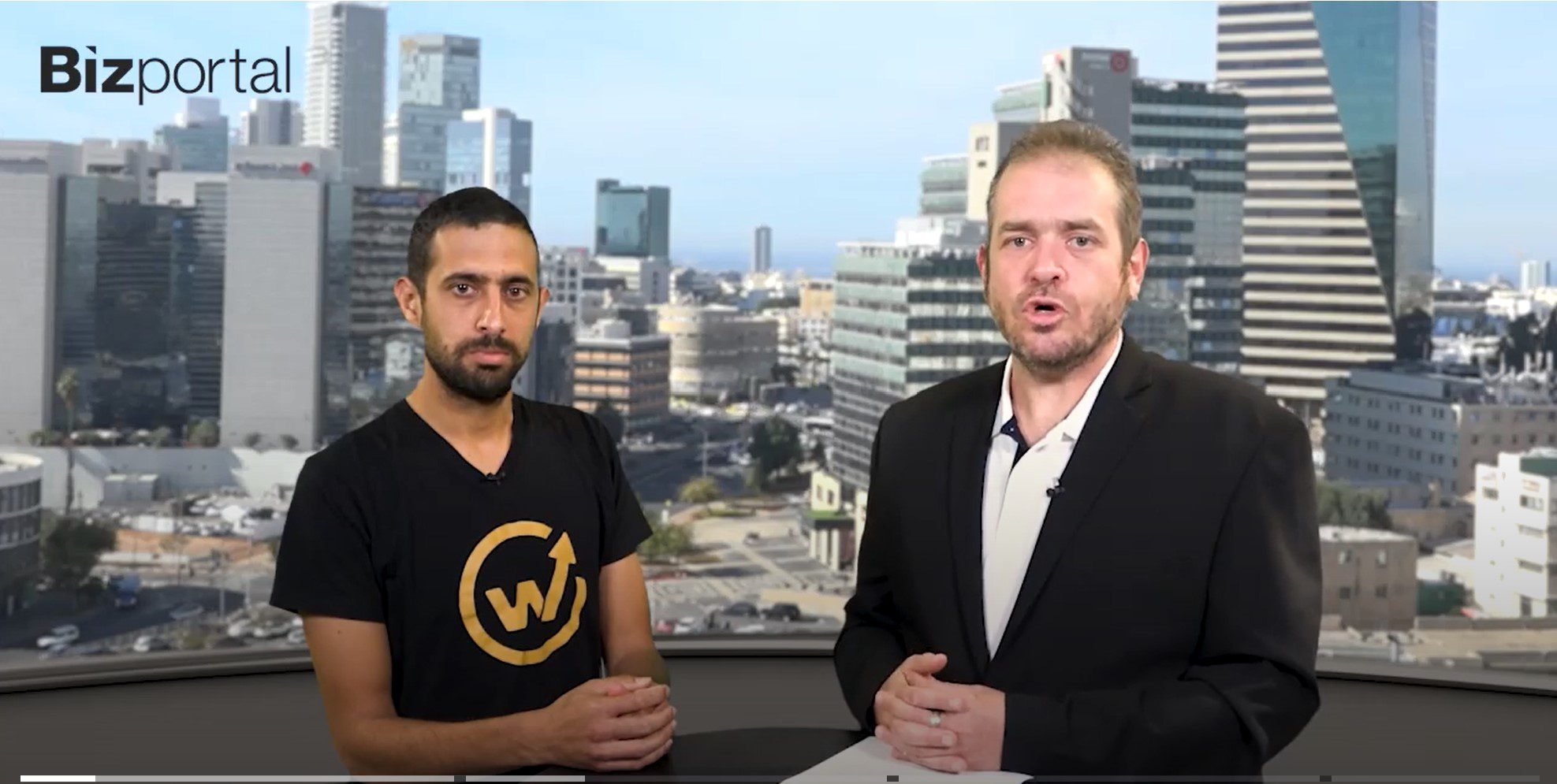Against the backdrop of recent heatwaves in Europe, which have made the climate crisis tangible, Ido Sabag, founder of a consulting firm for startups, wonders why investments in green-tech startups aren’t growing significantly, and highlights the green startups he believes are poised for major success.
In recent weeks, it’s been impossible to ignore the heatwaves in Europe. Roads melting in England, rains in Germany, and many other phenomena that can’t be explained without acknowledging the climate changes we are experiencing. On the surface, investing in green startups—those that help all of us transition to green technology or at least reduce the damage we’re causing—sounds promising, but that is far from the reality.
And yet, only recently did the Israeli government, after nearly a year of work by various government ministries, decide to formulate a plan to promote climate technologies. The plan was budgeted at close to 3 billion shekels, most of which will come from existing budgets of the involved ministries, with an additional supplement of several hundred million shekels.
In contrast, a report by Viola Ventures examined the distribution of venture capital investments in the first half of 2022. This kind of data shows us what investors are looking for and where they’re putting their money. According to the report, the cyber sector accounted for 24% of venture capital investments and continued to be the leading investment sector—even though it too suffered from an absolute decline in investment. Relatively speaking, the percentage of investments in cyber increased: 18% in 2020, 20% in 2021, and 24% in 2022. Meanwhile, the fintech sector, which was the second leading investment area in H1 2021, dropped to third place with 10% of investments in January–June 2022. Second place was taken by the IT/DevOps sector with about 13% of investments, and it was also the only one to grow in absolute fundraising volume. The retail sector, which constituted 9% of investments in 2021, disappeared from the top five, as did biotech and medical devices, which accounted for 8% and 9% respectively. The health sector remained at 7% investment volume; in 2021 that placed it fifth, but in 2022 it rose to fourth. So, where is green-tech? Are investors not feeling the heat?
And what’s happening globally? The research firm CB Insights, which conducts research on startups, fundraising, and more, predicts a roughly 20% drop in total venture capital investment from Q1 to Q2 across all sectors—including green energy. According to them, the funding decline mainly impacts entrepreneurs trying to bring innovation in climate sectors. They claim that green companies are finding it increasingly difficult to raise money for large-scale innovative projects, mainly because most investors still associate “impact startups”—those that require significant capital to lift off—with high risk. Therefore, they recommend green startups sharpen their strategies for raising venture capital, whether by approaching dedicated funds or general VC firms. Funders of such startups tend to support companies that have already demonstrated a realistic ability to scale, aligning with the level of investment.
There are quite a few green startups around the world that are very interesting and, in my opinion, will make a significant breakthrough soon. They work well, are managed properly, and enjoy the trust and backing of investors.
For example, Biome Makers, which deals with restoring soil health. The startup, founded in 2015 by Alberto Acedo and Adrian Ferrero in Silicon Valley, works to improve global soil health so that farmers can enhance their cultivation methods and land use worldwide. The startup implements artificial intelligence technology supported by the founders’ expertise in agronomy to create a “virtual assistant” capable of helping farmers increase soil yield and crop quality.
Another interesting startup is Aurora Solar. As demand for alternative energy sources grows, solar energy companies are gaining more prominence. The startup provides solar energy companies with software to design and sell solar panel systems to customers remotely. Aurora Solar raised $50 million in its Series B funding round, and with the U.S. government planning to invest nearly $2 trillion in the industry, this will certainly help the company and the sector expand.
Another startup with a different, more educational concept comes from Germany—Viva Maris GmbH. This startup is committed to protecting oceans through our diets, education, and raising awareness of human impact on the ocean. To that end, it creates food products using a marine ingredient—seaweed. Beyond their tasty seaweed-based products, the startup also prioritizes protecting ocean biodiversity, providing employment for former fishermen, and helping to preserve natural seaweed habitats.
In conclusion, not everything is bleak. The future is likely to be greener. In 2021, 64 new climate funds were launched with a total of $38 billion in investment capital. Two-thirds of the new funds were in the range of $5 to $50 million. Thirty out of the 37 billion dollars raised were concentrated in 15 mega-funds.
Additionally, more than 600 individual investments totaling about $40 billion occurred in green-impact startups in 2021, according to the Climate Tech VC newsletter.
It might sound like a lot, but it’s a drop in the ocean—U.S. startups raised $329.9 billion in venture capital in 2021, nearly double the previous annual record of $166.6 billion set in 2020. The total number of venture capital deals also increased significantly to 17,054 in 2021, compared to 12,173 in 2020.
Ido Sabag, WeCcelerate | Photo: Yonatan Bora
Investors hold significant power—they flock to certain sectors and pour capital into them. Even if the current figures are lower than before, there are still sectors where raising money is easier than in others. The green energy sector isn’t one of them. Investments are going elsewhere—towards fields that promise returns. That’s legitimate, but also a warning sign for startups in the field: they must be both revolutionary and offer a product or service that can ultimately be understood and sold. The world now needs new startups that offer significant solutions to change the situation—and visionary investors who understand that their investments benefit all of us, not just the bottom line. The challenge for everyone will be to succeed.
The author is one of the co-founders of the startup consulting firm WeCcelerate.

